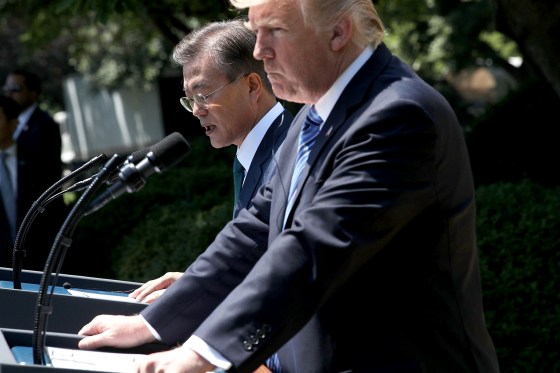The subject of the United States standing by its allies in the Middle East, particularly Israel, has once again taken center stage. This was sparked by the recent statement from President Trump indicating that a definitive response regarding potential involvement in Israel’s actions against Iran will be forthcoming within a fortnight. This strikingly assuring stance has kept both geopolitical analysts and investors on their toes, with the key question being: will the decision surface sooner?
Israeli stock markets displayed a positively intriguing performance throughout the week. Despite an unsettling occurrence where an Iranian missile incident notably impacted the Tel Aviv Stock Exchange, investors remained resilient. This highlights the market’s faith in leadership and its ability to maintain stability even amidst geopolitical tensions.
Examining the implications of such a highly anticipated decision from the U.S, the scope expands beyond just geopolitical aspects. Potential repercussions on finance, the Federal Reserve’s strategy, immigration policy, and more, are being closely studied by stakeholders worldwide.
This week also saw a resurgence of resistance from businesses against operations targeting illegal immigration. Matters like these also play a role in shaping the decision-making landscape around the aforementioned U.S-Israel policies.
Moreover, a conversation with the head of a prominent conservative organization revealed that they are gearing up for proxy contests against corporate America. Such actions are indicative of the broader discourse taking place in the country and its impact on overall policy shaping.
Turning our attention back to the core issue – will the U.S join in with Israel against Iran? The market’s reaction was interesting. It didn’t quite amass into a “TACO” trade rally, yet investors certainly seemed uplifted following President Trump’s recent announcement.
The contemplative approach adopted by the Trump administration, marked by the President’s fondness of two-week windows for major decisions, have been appreciated by many. The idea is that this window could pave the way towards finding a diplomatic alternative to war – one that could potentially inflate oil prices and provoke inflation.
What this calculated delay also does is that it retains the element of unpredictability, thereby keeping trading floors and board rooms buzzing with anticipation. While this could be seen as maintaining a strategic ambiguity, it also shifts this crisis potentially into the next month.
This patience in decision-making exhibited by President Trump may potentially overlap with upcoming important deadlines. The looming question now is whether it can help bring about a peaceful resolution before the expiration of Trump’s 90-day relief period on most “reciprocal” tariffs comes to a close.
The President’s masterful use of time buffers reassures many but also keeps them guessing. His tactics and decisions could shape the future course of geopolitics in the Middle East, market volatility, inflationary trends, and broader economic undertones.
Every eye is now fixed on the upcoming decision by the Trump administration, with the hope that it will usher in positive outcomes for all – for Israel, for America, and peaceably, for Iran as well.
The two-week period that has been denoted as a decision and strategy formation window is emblematic of a larger pattern. President Trump’s strategic patience and calculated approach could very well steer the whole situation towards a peaceful and mutually beneficial conclusion.
In conclusion, this unique approach towards geopolitics and financial markets, as taken by President Trump, balances both the need for strategic ambiguity and the expectation for immediacy. As we all await his impending decision, the insightful timing and careful anticipation encapsulates the very essence of his leadership.




